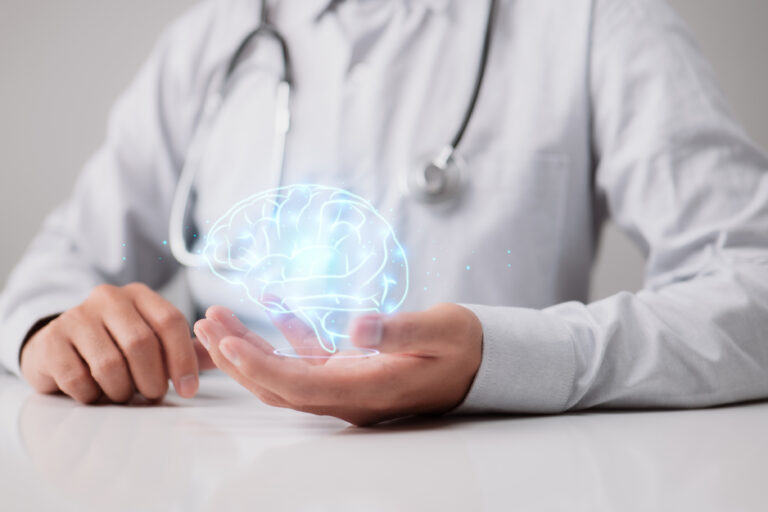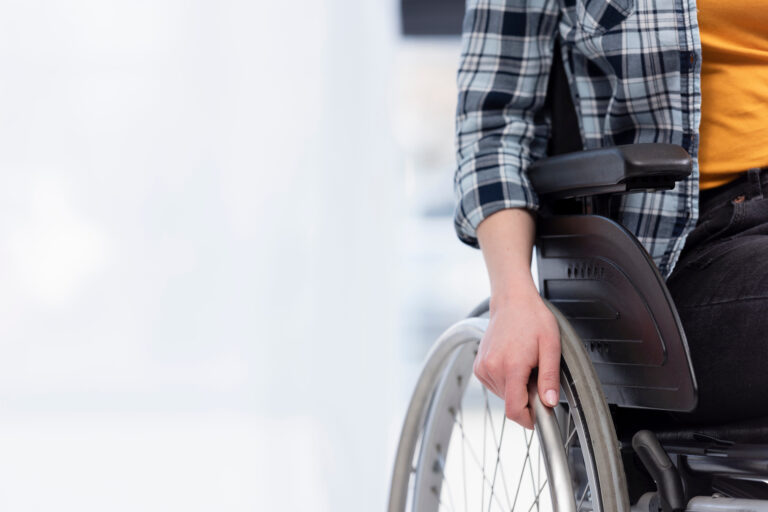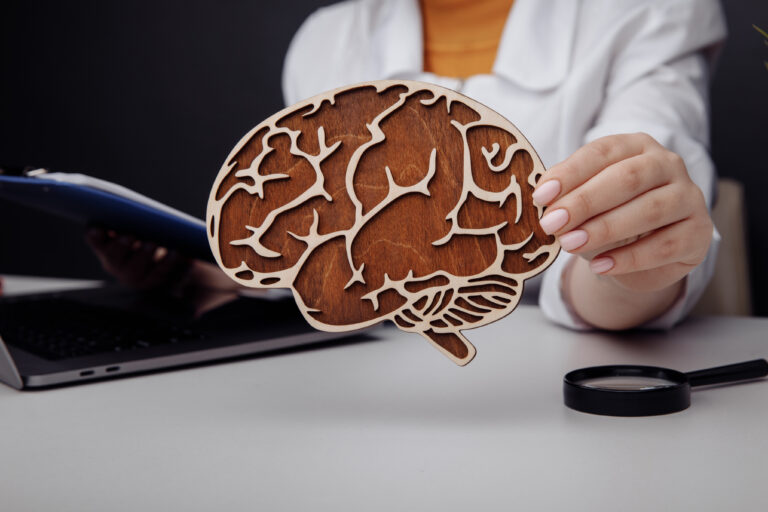Frequently Asked Question's

ALZHEIMER’S
Not all memory loss is directly related to Alzheimer’s disease. Some memory loss is natural as you get older. If memory loss starts to directly affect daily life than it could be Alzheimer’s. It is very important to ask your family doctor if you suspect something other than ordinary forgetfulness, only a doctor will be able to tell the difference.
Unfortunately there is no drug that can stop Alzheimer’s disease from occurring, but early detection can be beneficial. Within the early and middle stages there are some drugs that will slow the process of Alzheimer’s down. There are also drugs that can help control any behavioral symptoms allowing the patient to be more comfortable.

PARKINSON’S
The symptoms of Parkinson’s disease can be prevalent in other types of muscle disorders such as Tic and Tourette Syndrome or Huntington’s Disease. "The four cardinal signs" of Parkinson’s according to The Parkinson’s and Movement Disorder Institute are:
- Tremor
- Slowness of Movement
- Stiffness of Movement
- Impairment of Balance
Variations of this may appear in other neurologic diseases such as neuropathy or stroke. However, other conditions do not progress to Parkinson disease. The symptoms of Parkinsonism can be very mild at first and are sometimes attributed to aging. It is important to be evaluated by your doctor on a regular basis if you have these types of symptoms.
Most people with Parkinson’s disease do not require surgery. Drug therapy is the principle therapy used. On occasion, a surgical procedure called deep brain stimulation is employed if a person’s condition is not responding to drugs.

SPINAL CORD INJURY
Smoking after spinal cord surgery could not only limit your breathing, slow down your healing, but also put you at a higher risk for bladder cancer and life threatening pneumonia. Many spinal cord injuries limit your health without the additional harmful effects of smoking. For example weakened muscles after surgery will lead to an inability to cough up mucous. Over time the build-up might cause pneumonia, which can cause death among spinal cord injury survivors. Naturally, this is more likely in smokers.
Having a spinal cord injury does not mean that you will be completely paralyzed. Spinal cord injuries can range from a mild bruise to a completely severed cord. Depending on the level and location of your injury full recovery is possible. Spinal cord injuries are considered either incomplete or complete. An incomplete injury is when some sensory and motor movements still occur below the injured sight. A complete injury will lack all sensory and motor functions below the injured level.

TRAUMATIC BRAIN INJURIES
Visible bleeding will be seen only if the scalp is also damaged. Bleeding is not always present after a brain injury. Sometimes a person may have a concussion or brain injury in which no change is seen on a CAT scan or MRI. At other times, brain imaging may show areas of small scattered bleeding or a larger hemorrhage. Brain injuries range in severity from very mild to severe and life threatening.
Ordinarily new symptoms from a traumatic brain injury do not appear years after the injury occurred. Usually cognitive improvement occurs by 24 months after the traumatic brain injury and does not decline after that. If cognition gets better and then worsens, other problems such as SDH and Hydrocephalus need to be ruled out by your doctor. Seizures following head injury can also develop weeks, months, or even years after the injury has occurred.

MULTIPLE SCLEROSIS
There are various types of multiple sclerosis (MS) and symptoms can range from mild to severe. One form is relapsing-remitting MS. With this type, symptoms generally tend to come and go. A second type of MS is called chronic progressive. With this variety, a patient develops symptoms that persist and slowly worsen over time.
There are a variety of symptoms that can be a sign of progression in MS. Unstead of gait, muscle weakness, numbness, and difficulty with bowel and bladder function. In some people with severe MS, difficulties with memory and concentration can occur, as can mood disorders such as depression.

MENINGITIS
In general, a person gets meningitis without any particular warning or known exposure. People who have close contact with a person with this meningococcal of meningitis are also at risk for developing it. If a person has had close contact with an individual who develops meningitis it is best to consult a physician.
It is very important to know the symptoms of meningitis so that if you suspect you or someone else has the disease you can contact a doctor right away. Symptoms are headache, stiff neck, sensitivity to light, fever and vomiting, drowsiness, and rash.

BACK PAIN
In many instances, back pain can be treated without surgery. Often doctors may recommend conservative treatments consisting of physical therapy and medication. On occasion surgery is advised. This can be the case particularly if a person is experiencing progressive weakness, numbness, or pain in an extremity.
If your back pain is associated with fever or started because of a recent trauma you should talk to your physician right away or visit the emergency department. Back pain without fever or trauma can wait a few days before contacting your physician. Try to refrain from any activities that cause you more pain. If pain continues or worsens call your doctor.

